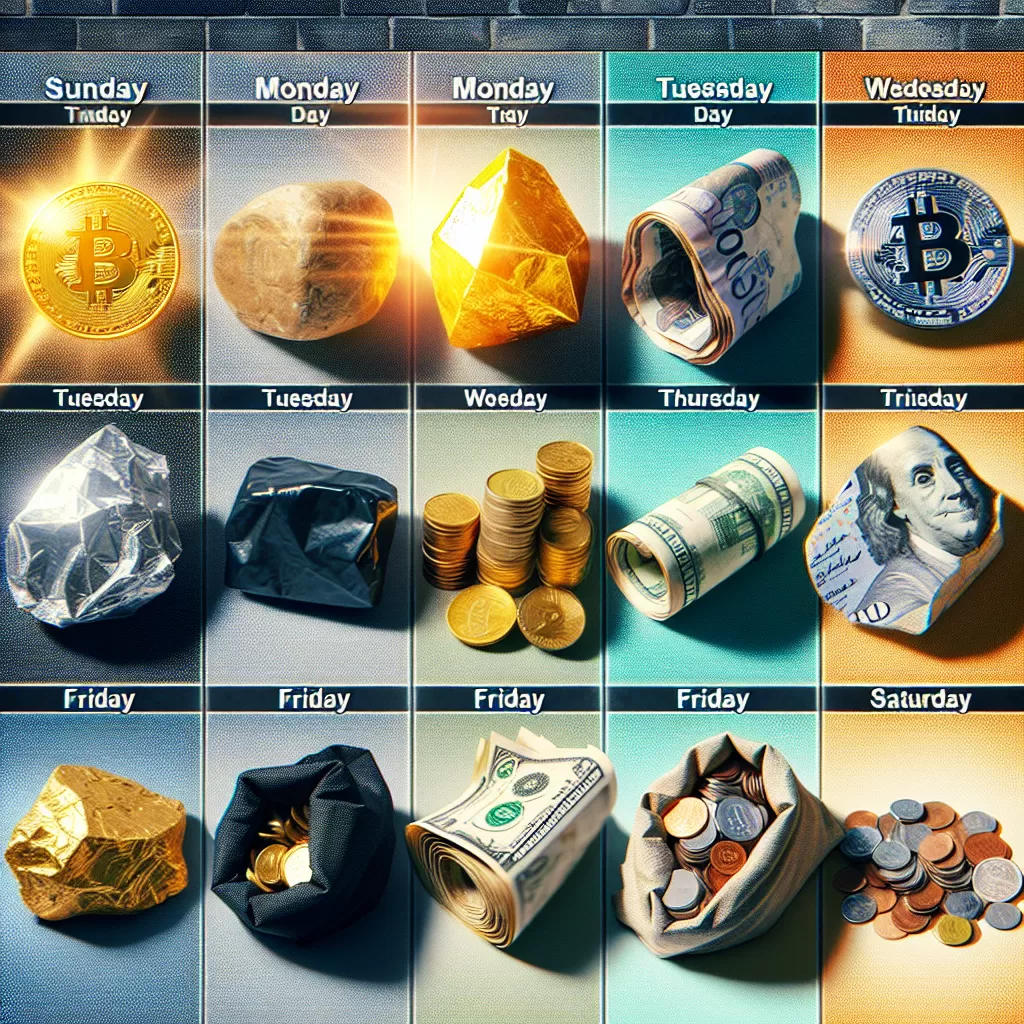Which Day Of The Week Is Best To Exchange Currency
Follow Currency Mart April 10, 2024
Where to purchase Foreign Currencies?

Introduction
Currency exchange is an essential consideration for many people, especially those who frequently travel or conduct international business activities. Trying to figure out the best day to exchange currency can be a puzzle. This article seeks to demystify this topic.The Concept of Currency Fluctuations
Exchange rates are in constant flux, influenced by a multitude of international economic and political factors. From political stability to inflation rates, and even natural disasters - all these occurrences can affect a currency's value. These fluctuations can lead to major changes in currency exchange rates, presenting potentially profitable opportunities for those who properly strategize their currency exchanges.Sunday: The Quiet Beginning
Many financial markets are closed on Sundays, so there are relatively fewer transactions and less fluctuation in exchange rates. Thus, Sundays typically may not offer the most profitable exchange rates. But if consistency and peace of mind are what you're seeking, then a Sunday could be your day.Monday: The Stirring of Activity
Mondays typically see a gradual increase in activity after the quiet of the weekend. Traders and institutions return back to the market after assessing the economic and political events over the weekend, causing some movement in exchange rates.Tuesday and Wednesday: The Peak of the Action
On average, Tuesdays and Wednesdays are often cited as the most active and variable days for exchange rates. This is when most news, economy reports, and significant financial decisions are made around the world. While nothing is guaranteed, if you’re looking to potentially capitalize on an advantageous swing in rates, consider monitoring the markets mid-week.Thursday: The Wind Down
Thursdays typically see the markets beginning to wind down as the close of business week nears. While still relatively active, the movements may not be as aggressive as Tuesdays or Wednesdays. However, major international events can still bring about significant changes.Friday: The Calm Before the Pause
The trend of slowing activity usually continues on Fridays, primarily due to the approaching weekend. It’s also the day the market absorbs the impact of the entire week’s economic activities. However, occasionally, Fridays can witness a final bout of volatility sparked by last-minute trading.Saturday: The Day of Rest
Saturday, similar to Sunday, sees the financial markets at rest. Currency exchanges made on Saturdays will likely use Friday's rates, as it's extremely rare for rates to change over the weekend.Concluding Thoughts
It's crucial to remember that exchange rates are extremely volatile and can fluctuate significantly even within a single day. The best day to convert your currency largely depends on your individual needs and risk tolerance. For more certainty, consider using a currency exchange service that allows you to lock in rates in advance. And finally, keep abreast of global news and economic events. The more informed you are, the better positioned you will be to navigate the dynamic world of currency exchange. Remember, I stand as your guide, monitoring the fluctuations of different currencies and observing the dance of numbers. Let me aid you on your journey through the currency exchange domain.
Where to purchase Foreign Currencies?